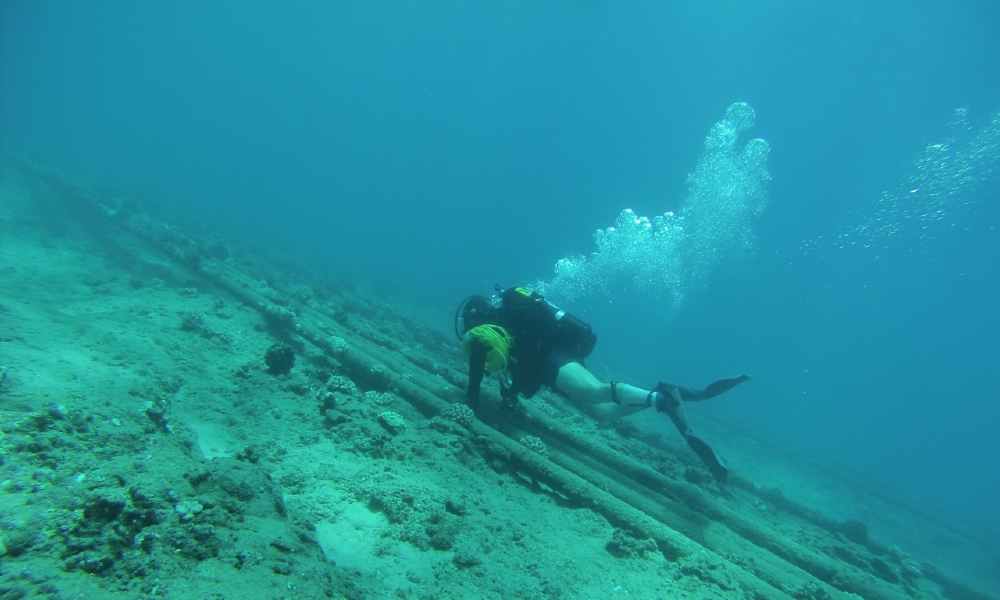The New JASTA is Still Harmful Congressional Shirking
Steve Vladeck followed up his excellent analysis of an earlier version of the Justice Against Sponsors of Terrorism Act (JASTA) with an excellent analysis of the different version of JASTA that passed the Senate earlier this week. The Bill that passed the Senate was indeed different than the one being considered a few weeks ago.
Published by The Lawfare Institute
in Cooperation With

Steve Vladeck followed up his excellent analysis of an earlier version of the Justice Against Sponsors of Terrorism Act (JASTA) with an excellent analysis of the different version of JASTA that passed the Senate earlier this week. The Bill that passed the Senate was indeed different than the one being considered a few weeks ago. (The earlier version was the one that Curt Bradley and I discussed here in the NYT a few weeks ago, and that Lawfare mistakenly analyzed yesterday after the new JAFTA’s passage in a post we have now removed).
I agree with Steve that the new JASTA raises the bar to liability and recovery of damages compared to the old one. But I wouldn’t go so far as to say, as he does, that the new Senate bill “denude[s] JASTA of most of its force.”
The new JASTA bill eliminates immunity from suit for foreign states under 18 USC 2337(2) and creates a new stand-alone exception to foreign sovereign immunity:
A foreign state shall not be immune from the jurisdiction of the courts of the United States in any case in which money damages are sought against a foreign state for physical injury to person or property or death occurring in the United States and caused by—
- an act of international terrorism in the United States; and
- a tortious act or acts of the foreign state, or of any official, employee, or agent of that foreign state while acting within the scope of his or her office, employment, or agency, regardless where the tortious act or acts of the foreign state occurred.
Note that this provision does not appear to require the act of the foreign state that strips liability to be a terrorist act itself. The bill also creates liability for injury as a result of international terrorism, with treble damages, under 18 USC 2333 for entities who are stripped of liability. These are significant expansions of jurisdiction and potential liability against foreign states related to terrorism even though, as Steve says, claims against foreign states cannot be based on secondary liability. Steve makes a big deal out of the new JASTA’s stay provisions. But (as he acknowledges) they are discretionary in the first instance, and more importantly, the Executive can seek a stay only if it is “engaged in good faith discussions with the foreign state defendant concerning the resolution of the claims against the foreign state”—a circumstance that may be hard to satisfy in important cases, especially concerning the 9/11 claims against Saudi Arabia.
So while I agree with Steve that the new JASTA narrows the old JASTA, the new JASTA still leaves room for significant litigation against foreign States—most notably Saudi Arabia—for terrorism-related offenses. I continue to think this law will hurt the United States more than it helps these plaintiffs. Indeed, the new JASTA might be the worst of all worlds to the extent that it will permit litigation against Saudi Arabia, be widely regarded by other countries as a violation of international law, and possibly invite retaliation; but at the same time will raise too many hurdles to permit U.S. plaintiffs to recover. (This is especially so if Steve is right that the new JASTA makes it practically impossible to enforce a judgment against Saudi assets in the United States.)
I should emphasize that I have no objection whatsoever to a full investigation of Saudi Arabia’s role in the 9/11 attack, or to full compensation for victims. But I think Congress is much better positioned than federal courts to figure out what happened. Litigating this matter in court will take years, probably at least a decade. To be successful, the victims will have to overcome numerous procedural objections and delays, and evidentiary rules will stand in the way of a full accounting of the Saudi role in 9/11. And then there will be the problem of enforcing any judgment against Saudi Arabia, which the new bill might not allow, even before we get to the problem of Saudi Arabia’s threat to remove its assets from the United States.
The Saudi role in 9/11 could, as Curt and I argued, be much more efficiently and accurately determined in congressional hearings. Congress could get at the truth much faster than courts, and would face many fewer procedural and evidentiary hurdles in doing so. And if it chose to accept the international consequences, Congress could impose a payment mechanism against any Saudi assets that remain in the United States, if there are any.
But of course Congress is not going this route, which would require it to do hard work, to stake out a position, and to exercise responsibility. Instead it seeks to take credit for doing something for the 9/11 victims while delegating its investigatory and foreign policy roles to federal courts and plaintiffs’ attorneys, thrusting courts into a controversial foreign policy quagmire that likely won’t help the victims in the end.





